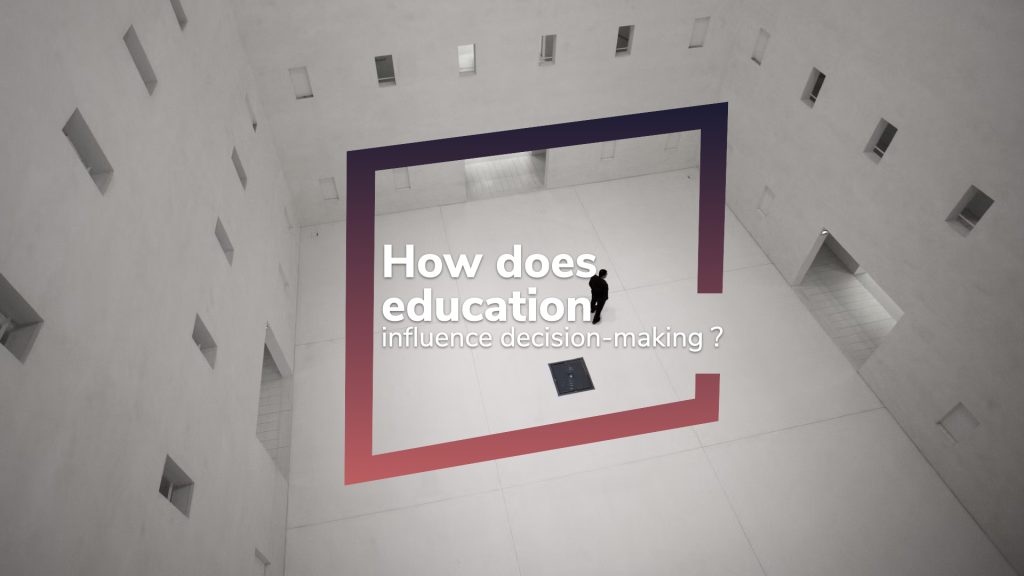
How Education Shapes Clinical Judgment and Decision-Making
Every decision a healthcare professional (HCP) makes—from selecting a treatment plan to adopting a new medical device—is shaped by their education and training. But in an era of rapid medical advancements and overwhelming information, education must go beyond delivering knowledge—it must empower better decision-making.
So how can we design education strategies that sharpen clinical judgment, improve critical thinking, and build confidence in a field where the stakes are incredibly high?
Why Education Directly Influences Medical Decisions
Education provides the foundation for critical thinking, clinical reasoning, and evidence-based decision-making.
A study published in the Journal of Medical Education found that HCPs who engaged in interactive, case-based learning were 45% more likely to make evidence-based decisions than those who learned through traditional lecture-based methods. (Journal of Medical Education study)
Incorporating active learning techniques improves not only retention but also the ability to apply knowledge in real-world medical scenarios.
Challenges in Traditional Medical Education
Despite the critical role of education, many current training models fail to translate knowledge into effective decision-making due to:
- Passive Learning – Traditional lectures often lack engagement and fail to inspire practical application.
- Information Overload – Bombarding HCPs with excessive data can make it difficult to identify actionable insights.
- Lack of Context – If educational programs don’t reflect real-world patient scenarios, they risk losing relevance and effectiveness.
A Harvard Medical School study found that traditional lecture-based training results in only 5% knowledge retention after 24 hours, while interactive learning improves retention rates to 50% or higher. (Harvard CME study)
How to Design Education for Better Decision-Making
To enhance HCP decision-making, education must be designed to engage learners, encourage active participation, and simulate real-world challenges.
1. Case-Based Learning
Presenting real-world clinical scenarios forces learners to apply critical thinking skills rather than memorizing static information. Case-based learning has been shown to increase decision accuracy by 35%. (NCBI study)
2. Interactive Learning Modules
Using simulations, live Q&A discussions, and peer collaboration increases engagement and allows HCPs to test decision-making strategies in a risk-free environment.
3. Application-Focused Education
Shifting from a “what to know” approach to a “how to apply” methodology ensures that education translates into better real-world patient care.
Real-World Success: Role-Playing Scenarios in HCP Training
A leading pharmaceutical company introduced role-playing scenarios in their HCP training, allowing participants to practice decision-making under pressure.
The Impact?
✅ 30% improvement in confidence when implementing new treatment protocols.
✅ Greater adoption of best practices due to real-world application exercises.
✅ Increased HCP engagement, leading to longer retention of knowledge.
This example highlights the power of experiential learning in bridging the gap between knowledge and action.
Key Takeaways
✔ Effective medical education should empower better decision-making, not just deliver information.
✔ Interactive, case-based learning models enhance clinical judgment and application of knowledge.
✔ Programs designed with real-world scenarios lead to better retention, confidence, and patient outcomes.
Transform Medical Decision-Making Through Education
Want to elevate HCP decision-making through innovative learning strategies? Our evidence-based educational programs are designed to enhance engagement, retention, and application.
📩 Get in touch today to explore how our solutions can revolutionize healthcare training!